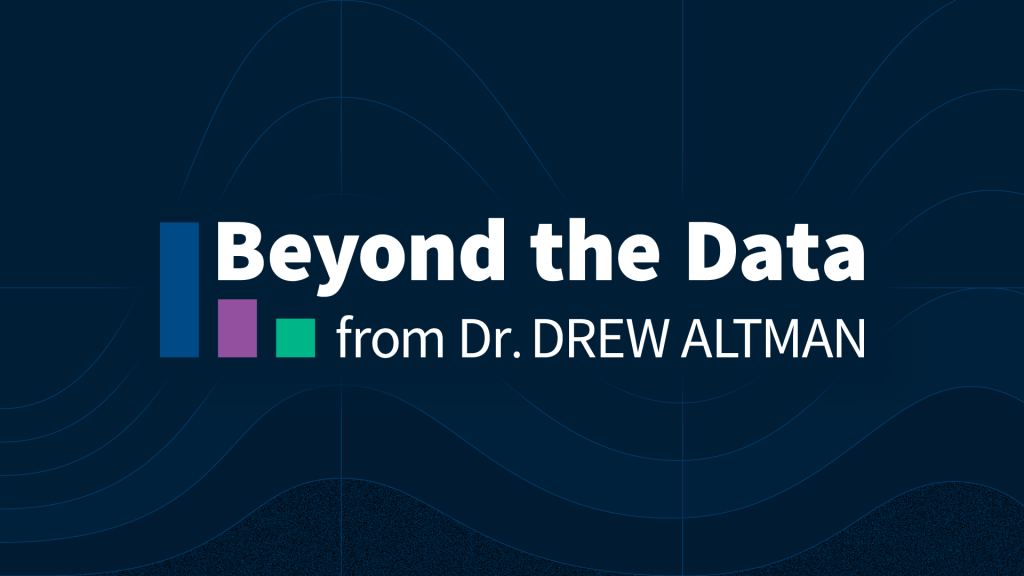Kaiser Family Foundation Survey of Pennsylvania Residents
The Kaiser Family Foundation Survey of Pennsylvania Residents measures Pennsylvanians’ opinions about a selection of health issues, including which issues they believe state policymakers should prioritize, opinions about prescription painkiller abuse, and experiences accessing and paying for health care. The survey was conducted March 7-15, 2016 among a representative sample of 804 adults ages 18 and over living in Pennsylvania.
